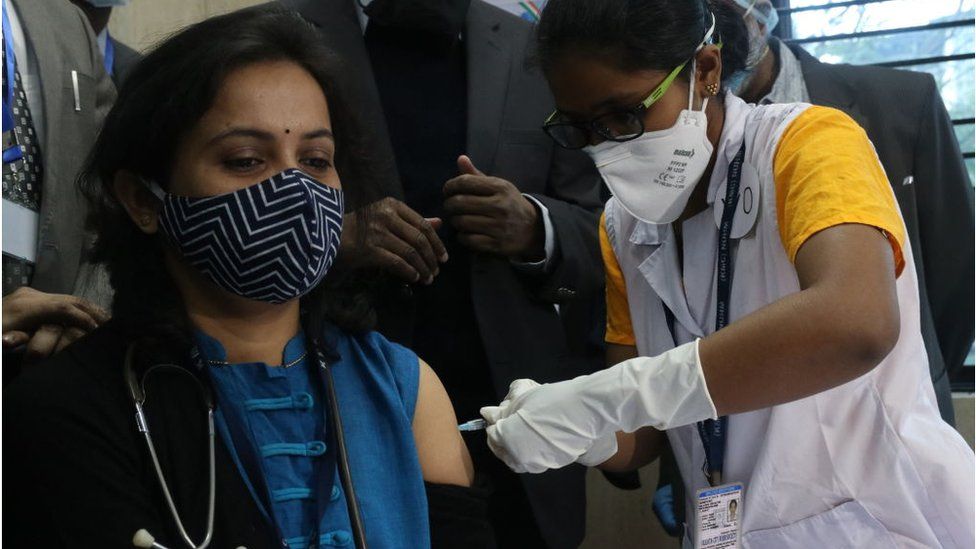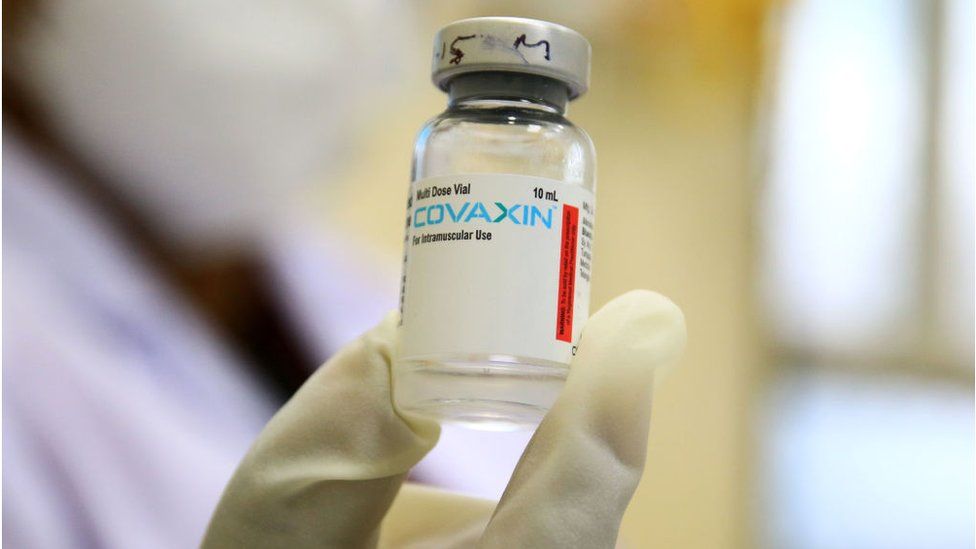A group of outdoor swimmers were forced to cancel their Boxing Day river dip after a water company announced a “sewage release” on Christmas Day.
Residents in Wolvercote, Oxford, were informed about the release into the River Windrush in an email from Thames Water.
Swimmer Dr Fiona Palumbo Tolan said the group found it “deeply distressing”.
Thames Water said sewage release was “sometimes necessary” to prevent flooding.
Dr Tolan said: “Every week we have to check for notifications of sewerage releases before being sure that it’s safe to swim.
“It seems that what should be a very last resort in the case of extreme emergency has become a very common tactic of convenience for the water companies.”
The email from Thames Water confirmed an “ongoing sewage release” at nearby Whitney, adding: “If you’re thinking of entering the river, please remember that it can take up to four days for the sewage to clear.”
In a statement, the water firm added: “After heavy rain it’s sometimes necessary and permitted [to release sewage into the river]. This prevents it flooding homes, gardens, streets and open spaces.”
The Department for Environment, Food and Rural Affairs said: “Environment Agency staff respond to pollution incidents 24/7 to contain pollution and protect water quality.
“We would urge anyone who notices a pollution incident to call our hotline.”










